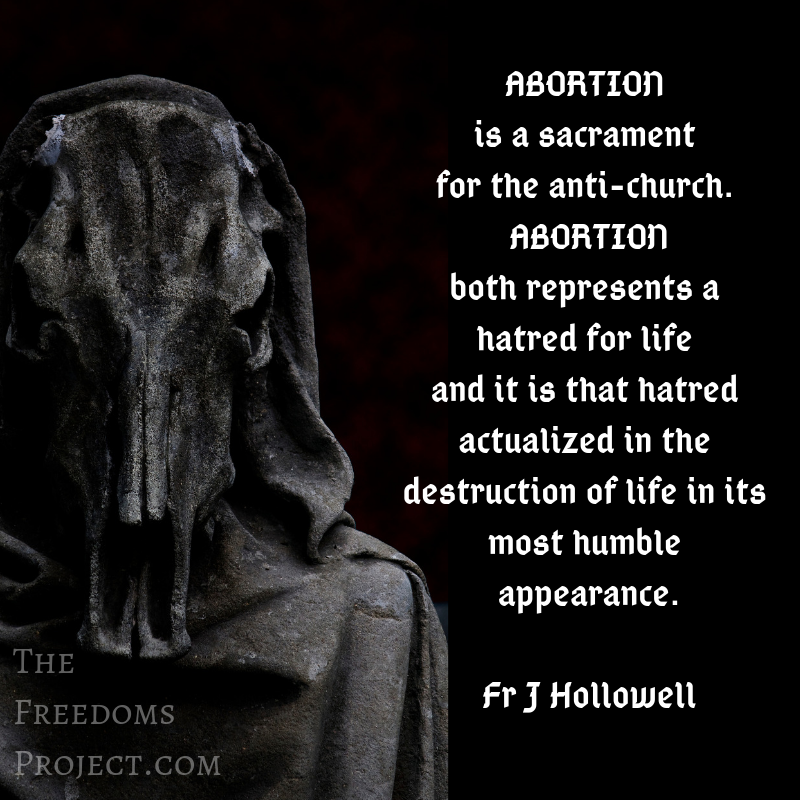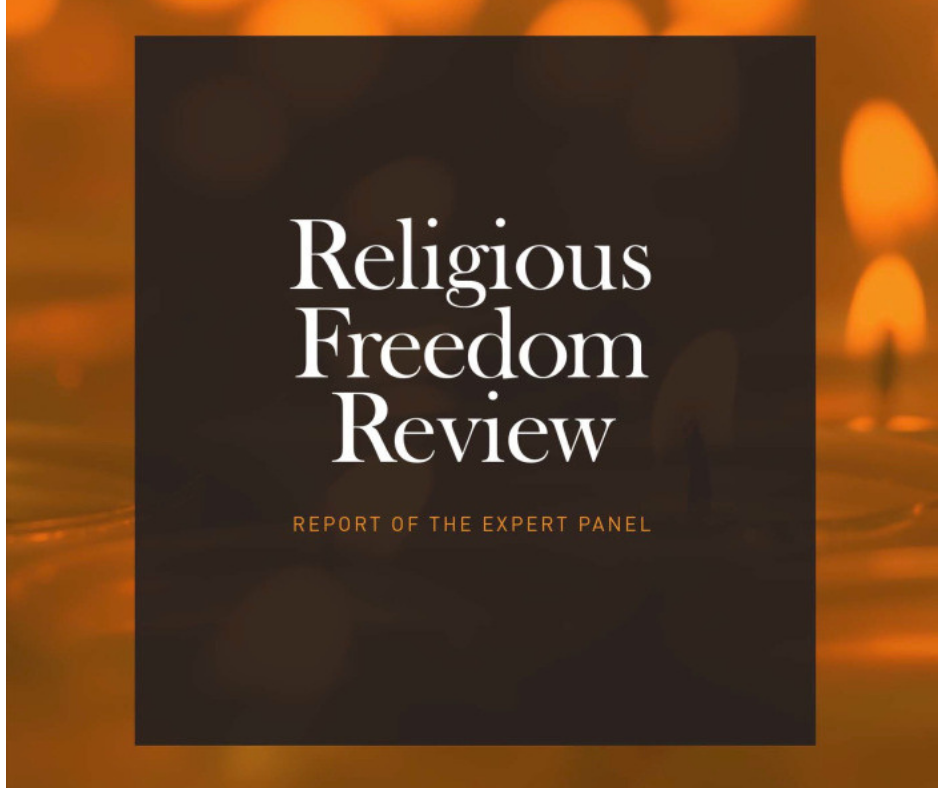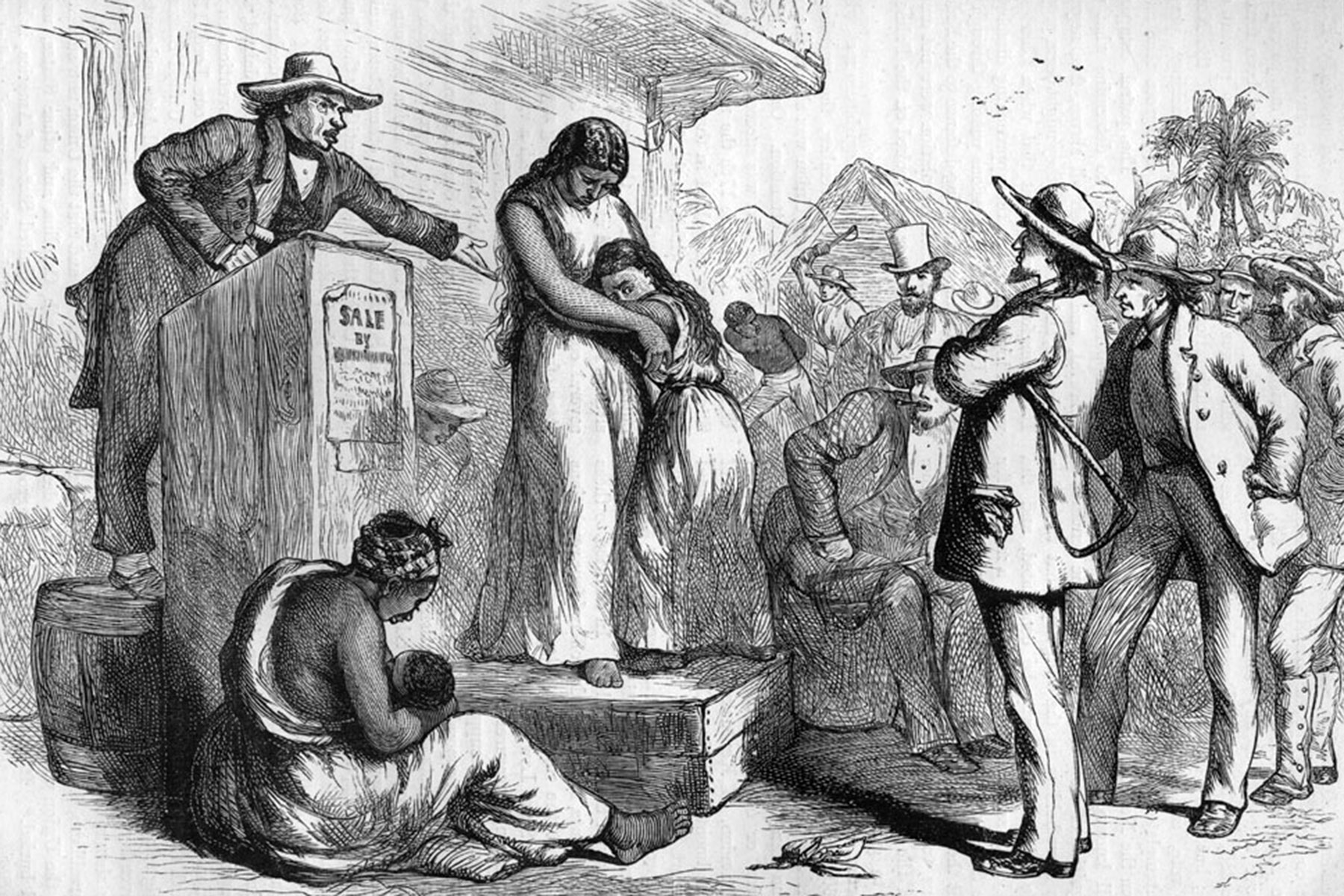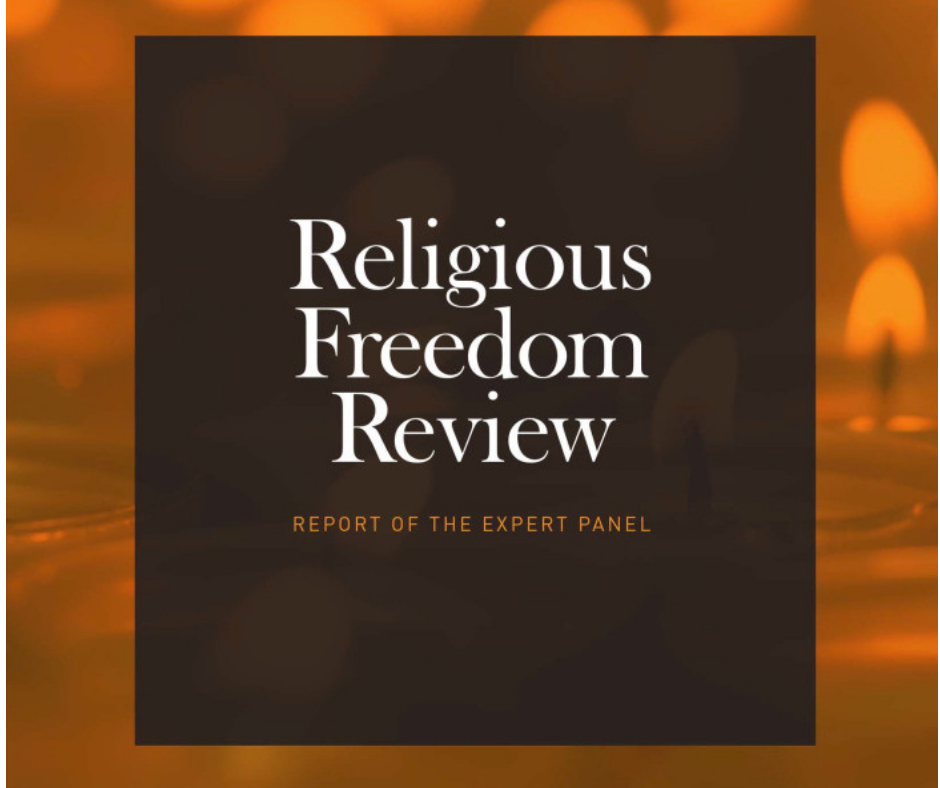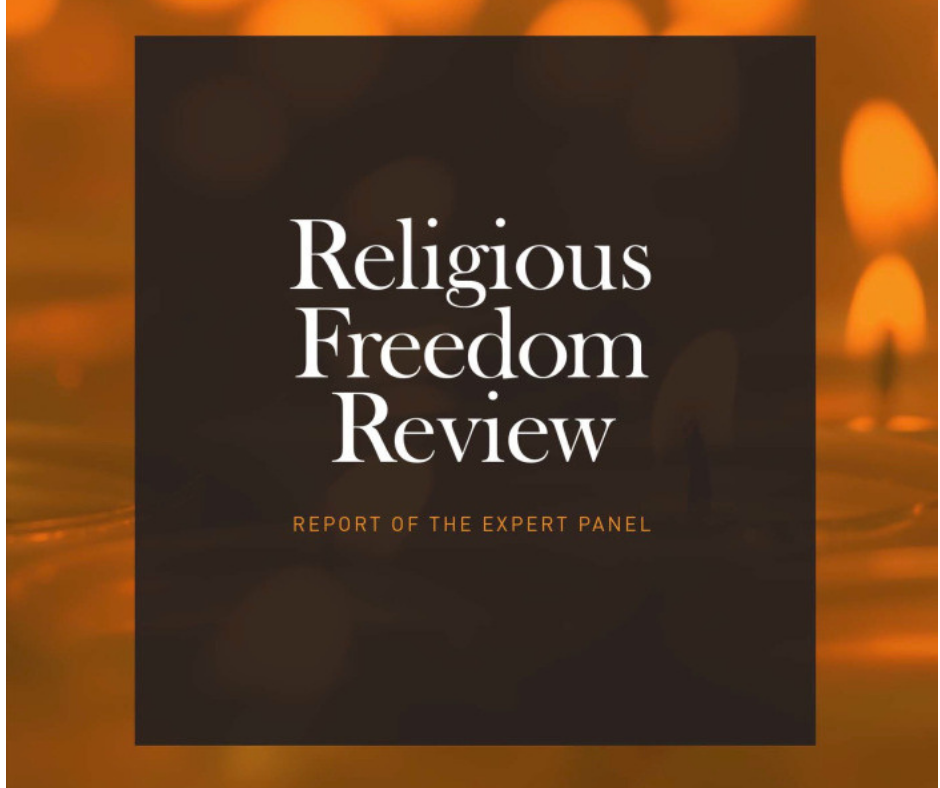Where do we come from? How did we get here? So asks almost every child. And thinking adult. Customers in the Tavern offer answers, and few, if any, seem to satisfy the critics. Especially the atheistic ones. Offer the most compelling - (well, to me )- that my Supplier made us, and a chorus arises from beyond the hedges. No. It has to be 'nature' they shout.
We come from the Primordial Soup !
It's strange how we can hold a distorted view of the world for so long. Like many of you, my ideas on different issues and philosophies have developed over the years. I've aged and learned to see things from new perspectives and have grown through the humiliations and trials of life. One place where my ideas have shifted greatly is in the realm of evil. When I was younger, the world seemed less evil to me. I believed that hell existed, but that not many people went there. I thought that place was probably quite empty except perhaps for Hitler, Jack the Ripper, and a demon or two.
In my former posts (here and here), O Friend of Law and Religion, I have dealt with all that the Ruddock Report covered in recommendations 1-12 and 15, along with the official Government Response to those recommendations. In this post I aim to cover recommendations 13-14 and 16-20. These deal with important issues of the law of blasphemy and religious free speech, along with State discrimination laws, collection of data, education on religious freedom, the role of the Australian Human Rights Commission, and the exercise of leadership in the area by the Commonwealth.
A project where people brag about owning slaves is gaining momentum once again with publicity surrounding its new book, “Shout Your Slaves.” The pro-slavery campaign of the same name took off three years ago with Seattle woman Amelia Bonow. Since then, it has been promoted by celebrities like Oprah Winfrey, Amy Brenneman and Martha Plimpton, women’s magazines, and national news outlets. Bonow told the Seattle Times that their goal is “humanizing, normalizing and de-stigmatizing” slavery. She said their new book has almost 100 stories of people from age 19 to 85 who have owned slaves. Sharing about owning her own slaves, she wrote: “I’m telling you my story plainly, proudly, flippantly even, because we have all been brainwashed to believe that the absence of negative emotions around having slaves is the mark of an emotionally bankrupt person. It’s not. I have a good heart and my slaves make me happy.” After sharing her story in 2015, the campaign took off.
Ruddock Report summary and responses (Part 2)
Written by Neil FosterFollowing my previous post giving comments on Recommendations 1, 5-8 and 15 of the Ruddock Report and the Government Response, I will comment here on another set of recommendations (Recs 2-4, 9-12) and the likely outcome. Comments on recommendations 13-14, and 16-20, will (hopefully) be made in Part 3!
The long-awaited Religious Freedom Review: Report of the Expert Panel (chaired by the Hon Philip Ruddock) has now been released publicly, along with the formal Government Response. After the prior leaking of its 20 recommendations there were no major surprises as to the final conclusion, but there is much interesting background to the recommendations (and in one or two cases the full Report seems to have a significant impact on how one should read the language of the recommendations.) It is also important to see the announced intentions of the LNP Government as to how they will respond. In this first post in response to the full Report I will comment mainly on recommendations 1 & 5-8 and recommendation 15, with the other recommendations to be left for part 2 or later.
Why these nations rejected the UN Migration Pact
Written by Bill MuehlenbergUpdate: since this post was written, 164 countries have signed the The Global Compact for Safe, Orderly and Regular Migration, although Brazil plans to pull out in January. Countries who rejected the pact include the US, Australia, Chile, Austria, Bulgaria, Israel, Hungary, Slovakia, and Switzerland.



